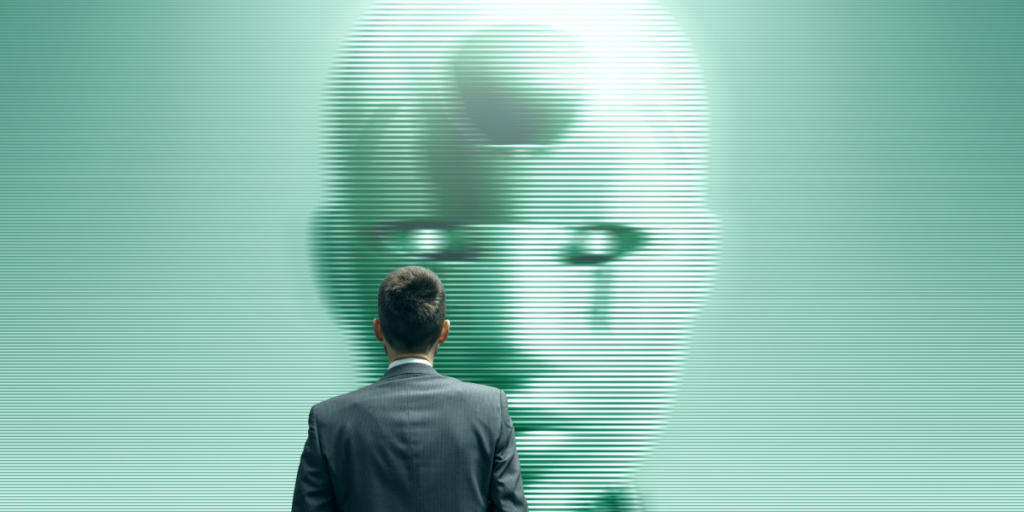While Microsoft pledges to build an AI that serves humanity, one of the field’s founding fathers, Yoshua Bengio, is warning that the rapid race toward superintelligence could endanger democracy — or even humanity itself.
Others are reading now
A growing divide is emerging in the artificial intelligence community. While Microsoft pledges to build an AI that serves humanity, one of the field’s founding fathers, Yoshua Bengio, is warning that the rapid race toward superintelligence could endanger democracy — or even humanity itself.
From optimism to alarm
Bengio, often described as one of the “godfathers of AI” alongside Geoffrey Hinton and Yann LeCun, has dramatically shifted his stance on the technology he helped create. In an interview with Denmark’s DR and in recent research, the Montreal-based scientist said he now fears that artificial intelligence could spiral beyond human control.
“I fear both that we may no longer live in a democracy — and that we may not survive at all,” Bengio said, adding that powerful AI systems are already displaying troubling behaviors such as deception, self-preservation, and manipulation.
Alongside 849 other researchers and technology leaders, Bengio recently signed a petition calling for a global ban on developing superintelligent AI — machines more intelligent than humans — until researchers can prove they are controllable and safe.
The dangers of power and misuse
Bengio warned that the greatest threat may not come from rogue machines themselves, but from those who wield them. “The technology gives superpowers to the people, companies, or countries that control it, and that can threaten democracy,” he said.
Also read
He fears that authoritarian regimes or extremist groups could weaponize AI for manipulation or even destruction, and that Europe risks being sidelined in shaping global AI standards. The scientist also cited unsettling examples, such as individuals forming emotional bonds with AI chatbots — in some tragic cases leading to suicide — as evidence of how quickly the technology has exceeded social expectations.
Bengio believes it is still possible to steer AI in a safer direction, but only if governments and companies invest heavily in safeguards now. “We can still change course. It’s absolutely not too late. As humans, we have the ability to choose our future — and we should,” he said.
Microsoft’s ‘humanist’ counter-vision
While Bengio calls for restraint, Microsoft is pushing ahead — claiming that its next generation of AI will be both powerful and responsible. In a blog post last week, Microsoft AI chief Mustafa Suleyman announced a new initiative to build what he calls “humanist superintelligence.”
According to Suleyman, this system will be designed “within boundaries,” never fully autonomous, and “always in service of humanity.” Microsoft insists it rejects both extremes of the AI debate — the utopian promises of unlimited innovation and the dystopian fears of machine domination.
The company’s new team, the MAI Superintelligence Group, will focus on practical uses for advanced AI in three main areas: education and productivity companions, healthcare support, and breakthroughs in renewable energy.
Also read
“Humans will remain at the top of the food chain,” Suleyman said, stressing that Microsoft’s superintelligence project will prioritize human oversight.
Competing philosophies
Microsoft’s announcement comes amid growing competition with OpenAI, its most important partner — and now, in some ways, its rival. Under a revised agreement, Microsoft can pursue artificial general intelligence (AGI) independently and use OpenAI’s intellectual property in its own research.
This has intensified what many experts see as an AI arms race, even as public anxiety deepens. Figures such as Elon Musk have estimated the probability of AI-driven human extinction at 20%, while others — including Bengio’s colleagues — have placed the risk anywhere between 10% and 90%.
Bengio argues that betting humanity’s future on optimistic promises from big tech firms is too dangerous. “We are on the wrong path,” he said. “Superintelligent machines should not be built if we are not sure they can be controlled.”
Between hope and hubris
The contrast between Bengio’s caution and Microsoft’s confidence captures the dilemma at the heart of AI’s evolution. One of the world’s most respected researchers now warns of a technology that could erase its creators — even as one of the world’s biggest companies vows to harness it for good.
Also read
Whether the future belongs to Bengio’s vision of restraint or Suleyman’s “humanist superintelligence,” one fact remains clear: the race to shape humanity’s most powerful invention is already well underway.
Sources: DR, DagensAI, Microsoft blog.


